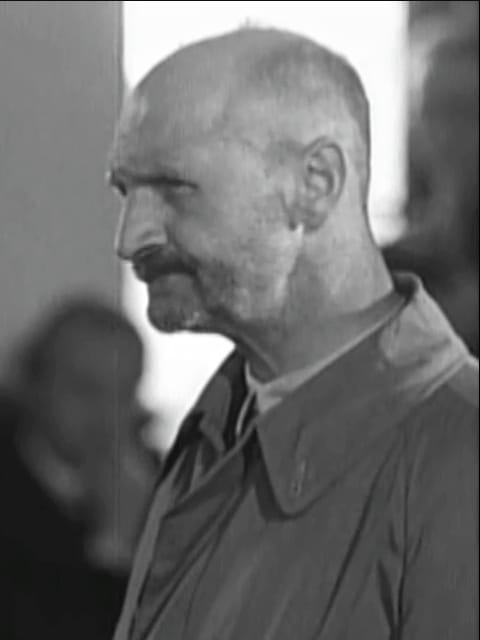We should all spend less time online
Reddit is not reality

Last week's disclosure of an unauthorized social experiment allegedly conducted by Swedish researchers on a Reddit forum is just the latest example of an uncomfortable truth: You don't really know who you are interacting with on the Internet.
That account you spent an hour debating with on Bluesky or X might not even be a real person.
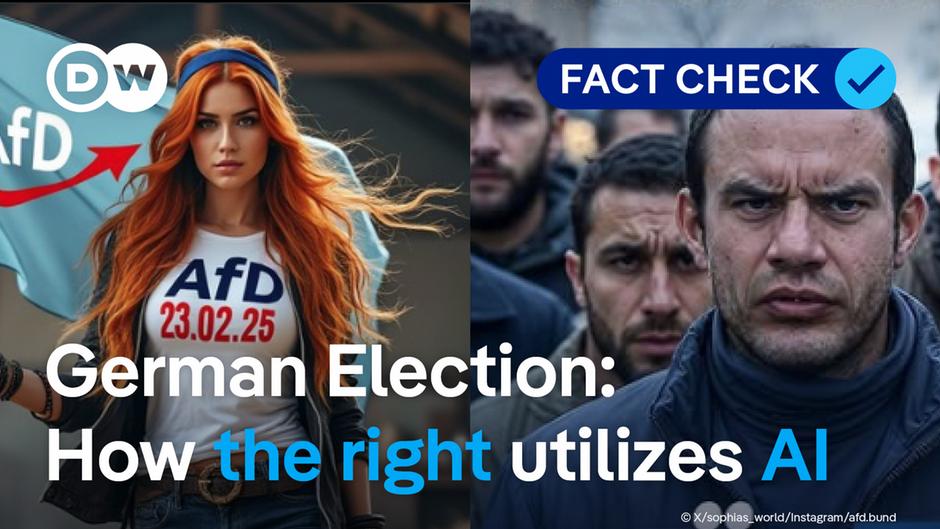
AI influencers Larissa Wagner and Milla Sophia - both sharing content that is pro-Russia and alt-right - have follower counts in the tens of thousands on social media.
Larissa Wagner, 22, is an online personality and social media influencer hailing from Senftenberg in the German state of Brandenburg.
In numerous posts and short-form videos on the platform X - where she has more than 5,000 followers - she talks about wanting to have children and have them grow up in a "normal Germany." In other messages, she rails against immigrants, transgender people, and vaccines.
She supports the far-right Alternative for Germany party and its leaders, Björn Höcke and Alice Weidel.
But Larissa is not a person.
If you look closely at her videos and photos - or read her bio - it's obvious that she is artificially generated. A "KI Mädel" ("AI girl") as her Instagram attests.
That doesn't seem to bother her followers who engage with her messages as if she were human.
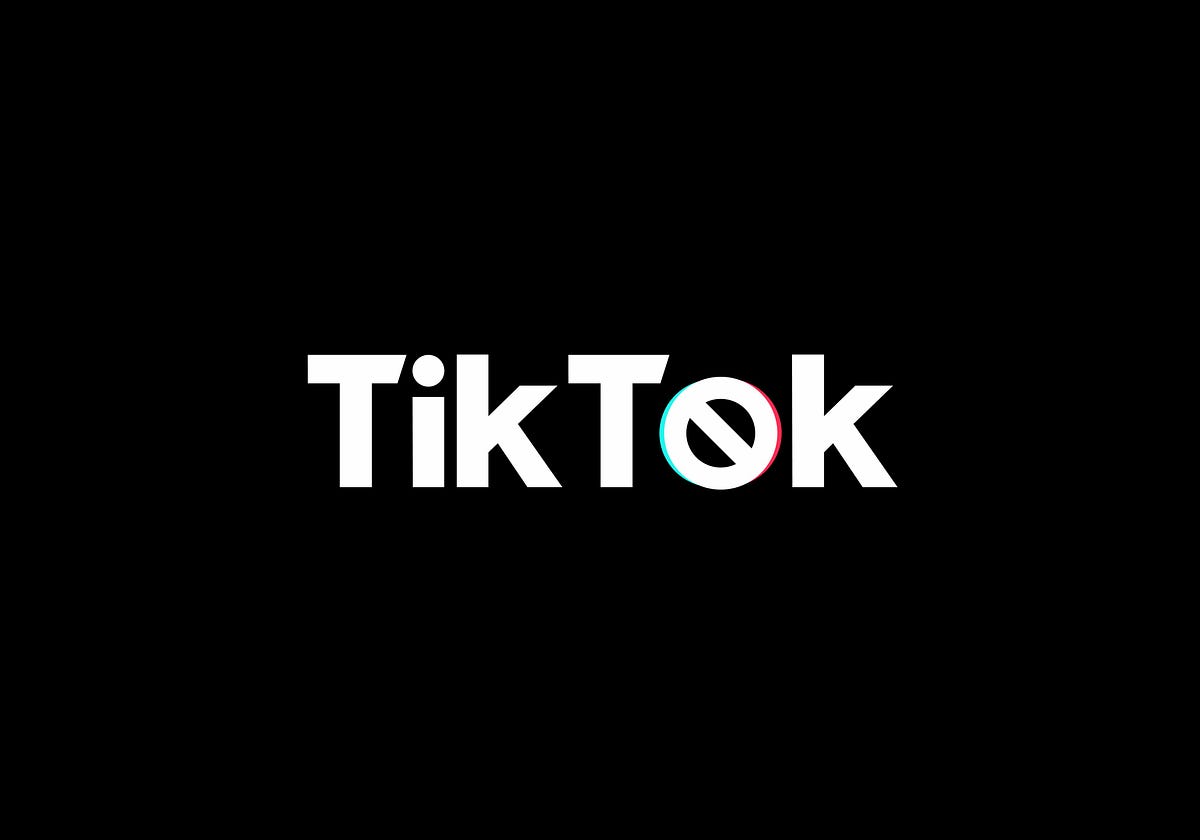
I wrote the Medium article linked above, about how I realized I was susceptible to misinformation on Tiktok.
Now I realize it's more than just a single platform – much of what we see on social media is not what (or who) it seems.
One small anecdote
This past February, as voters in Austria were in the middle of their own election, my teenage son and I were planning a trip to see Vienna during his holiday break.
I was researching places to stay and sites to visit on YouTube and Reddit, as I normally do.
I was surprised and worried by one post on a Vienna forum. The user detailed an assault by teenagers at a tram stop in the working class neighborhood of Favoriten.
Two boys attacked the poster without warning, punching and kicking him, until he fought them off. After reporting the incident to police, he posted on Reddit to warn others and ask for advice so that the perpetrators didn't get away "without consequence."
As respondents gave advice, others also posted their own accounts of random physical assaults in the same area.
I was horrified and told my son we should avoid that area at all costs. Later, after thinking it over a bit, I decided to do a search of different news sources - in both German and English - about violent assaults in that area.
I found none. There were some purse snatchings, petty thefts, one complaint about litter and vandalism at the exact same tram stop. But no police reports of muggings or other assaults. Would they report someone getting their purse snatched at that exact tram stop, but ignore a report of a man being punched and kicked repeatedly?
Now, it could certainly be that Google failed me, and didn't show all the results it could have. I viewed the original poster's post history on Reddit - and nothing indicates his story isn't true.
But it's also true that I let a bunch of anonymous posts on Reddit - that could literally have been written by anyone - heavily influence my perception of an entire city and district that I'd never been to before.
Bad actors and real drama
We've known for years that social media platforms skew their algorithms to show people 'news' that makes them angry.
Facebook is probably the most well-known offender.
But other sides, including Reddit, are not immune. Individual users have also discovered that it's easier to build engagement or even 'go viral' with a post that prompts outrage rather than inspiration or agreement.
Longtime Redditors often admit they know many posts--especially those on r/AITA or in the advice subs--are fake. But it can be easy to lose perspective and forget that what you are reading, and sometimes seeing, might be fiction.
The result is that many of us spend hours each day in a toxic alternate reality that skews our perception of the world around us and the people in it.
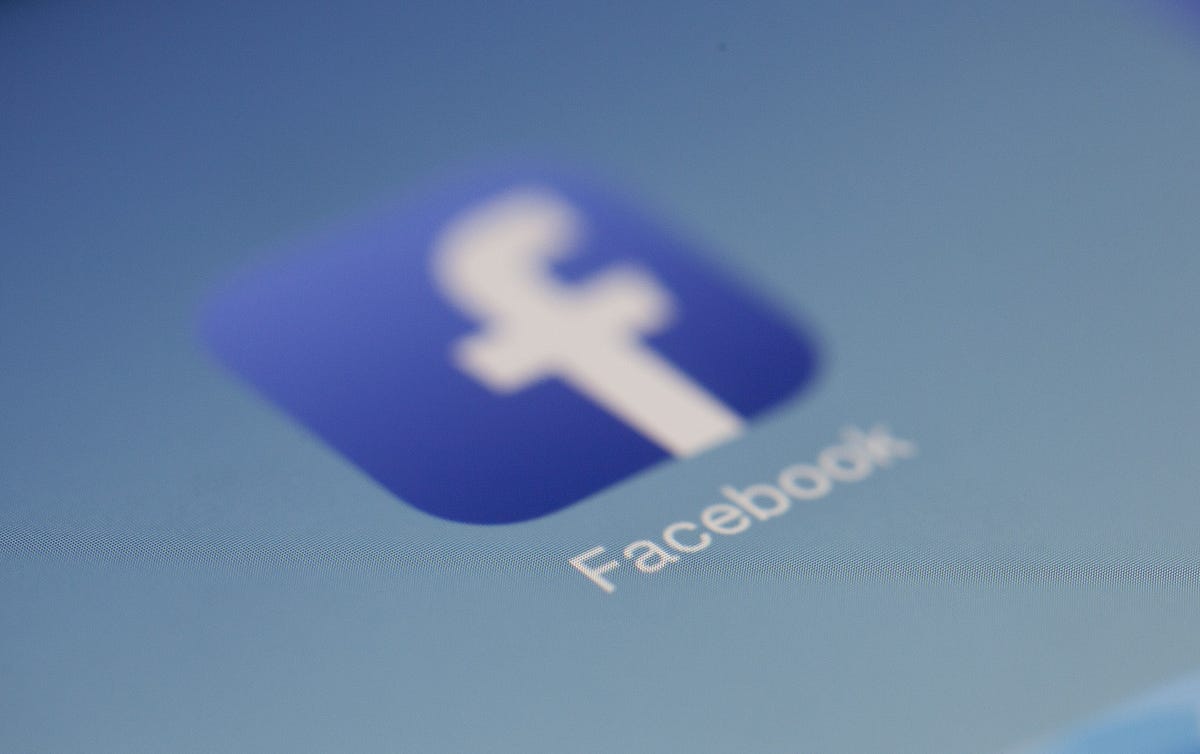
And some very bad actors are taking advantage of it.
Since 2008, large-scale social media propaganda campaigns have been a tool used by the Russian government and business leaders to destabilize other countries and promote Russian interests.
These campaigns may feature thousands of fake accounts and bots that post propaganda and disinformation, including lies and deepfake videos. And now, AI-generated "people."
In late 2017 Facebook estimated that as many as 126 million of its users had seen content from Russian disinformation campaigns on its platform.[25] Twitter stated that it had found 36,000 Russian bots spreading tweets related to the 2016 United States elections.[26] Russia has used social media to destabilize former Soviet states such as Ukraine and Western nations such as France and Spain.[27] It has been suggested that since 2019, Russian-sponsored troll accounts and bots have formed and taken over prominent left-wing and right-wing subreddits on Reddit, such as the antiwar, greenandpleasant, and aboringdystopia subreddits, "suggest[ing] a Russian-led attempt to antagonize and influence Americans online, which is still ongoing."[28]
^- Article. Internet Research Agency. Wikipedia. Accessed 12 May, 2025.
And these fake accounts and fake people are inducing some real people to take their internet outrage out into the real world.
In Southport, England, a wave of false reports spread on social media has been cited as a key cause of riots that led to numerous attacks on immigrants and refugee centers in the city.

In the week before the last European Parliament election, there was a mass stabbing incident at a political rally in the German city of Mannheim.
Six people were stabbed, including activist Michael Stürzenberger, who was the planned speaker.
The attacker, an Afghan refugee, was shot and injured at the scene. He has claimed that he carried out the attacks in order to "kill infidels."
An investigation by the German broadcaster, ZDF, however, has found evidence that the name of the attacker along with the name of his intended victim appeared in online search requests on Russian search engines in the days before the attack occurred, indicating that there was some prior coordination.
"The report claimed that four days prior to the Mannheim stabbing, key phrases such as "terror attack in Mannheim", "terror attack in Germany", "Michael Stürzenberger terror attack", and "Michael Stürzenberger stabbed to death", along with Sulaiman Ataee's name, were searched in Russia. ZDF posited that the stabbing was planned with Russian involvement to influence the European Parliament election that occurred a week after, as well as later attacks like the car-ramming attacks of Magdeburg, Munich, and Mannheim in the following months, ahead of the German federal election.
Get back to the real world
As some tech giants and social media platforms try to tie us even more closely to this augmented 'reality' online, I think it's important that we consciously move in the other direction.
Sharing information online can still be useful. Social media and the internet have provided society with numerous benefits and helps people all over the world.
But it has a dark side. I continually remind myself to step back and weight what I know from my own lived experiences against whether an impulse or fear that I have about something is primarily linked to information I've read on social media.
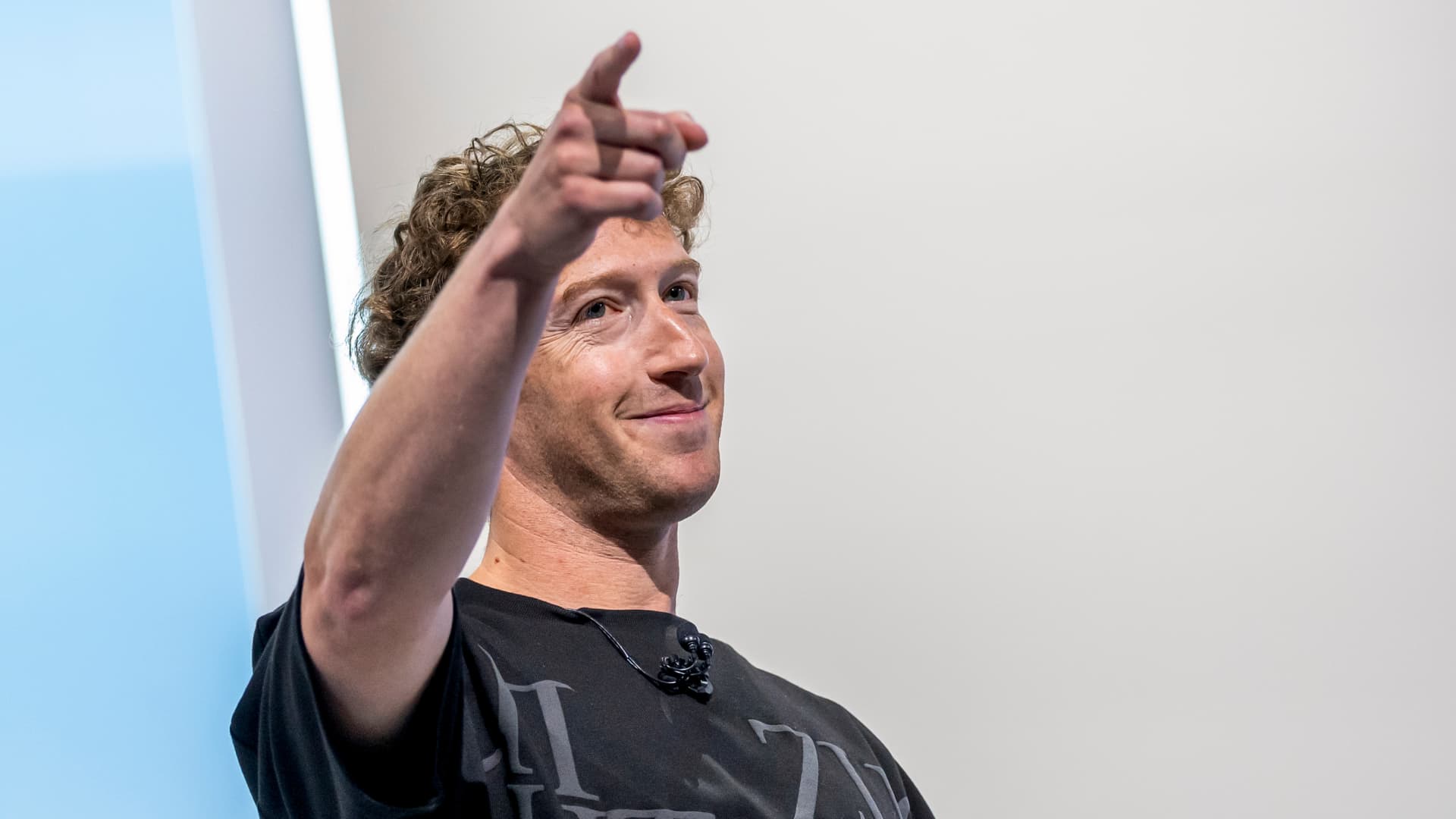
To use another example from my own life: I participate in a lot of Germany-focused subReddits. And, frequently people will talk about areas in the former East Germany as if they are hotbeds of xenophobia– and everyone there is hostile to immigrants, or even tourists.
If I based our travel plans on what I read on Reddit, I would never have visited Cottbus or even Leipzig or Dresden. And I've been to Cottbus several times, as well as spent weeks in Leipzig, and also Quedlinburg and Görlitz, which are much smaller (and beautiful) towns.
While there, I saw people who clearly come from a number of different backgrounds and countries of origin. I heard different languages spoken. And nothing was out of the ordinary. Now, I'm not saying there aren't racist or anti-immigrant people there--but there are everywhere.
I personally have been cursed at for speaking English with my son while we were standing on a train platform in Zehlendorf, a district in Berlin that is home to multiple international schools and many expats.
We have to get back to talking to the people around us, the people and places we know.
Use the internet to stay informed. But when you read something that sparks a flash of anger or fear or outrage. Take a step back. Close the laptop or put down the phone. Read a book. Go outside and visit a pub. Talk to your neighbors.
Don't let what you read online be the basis for how you see the world around you.






